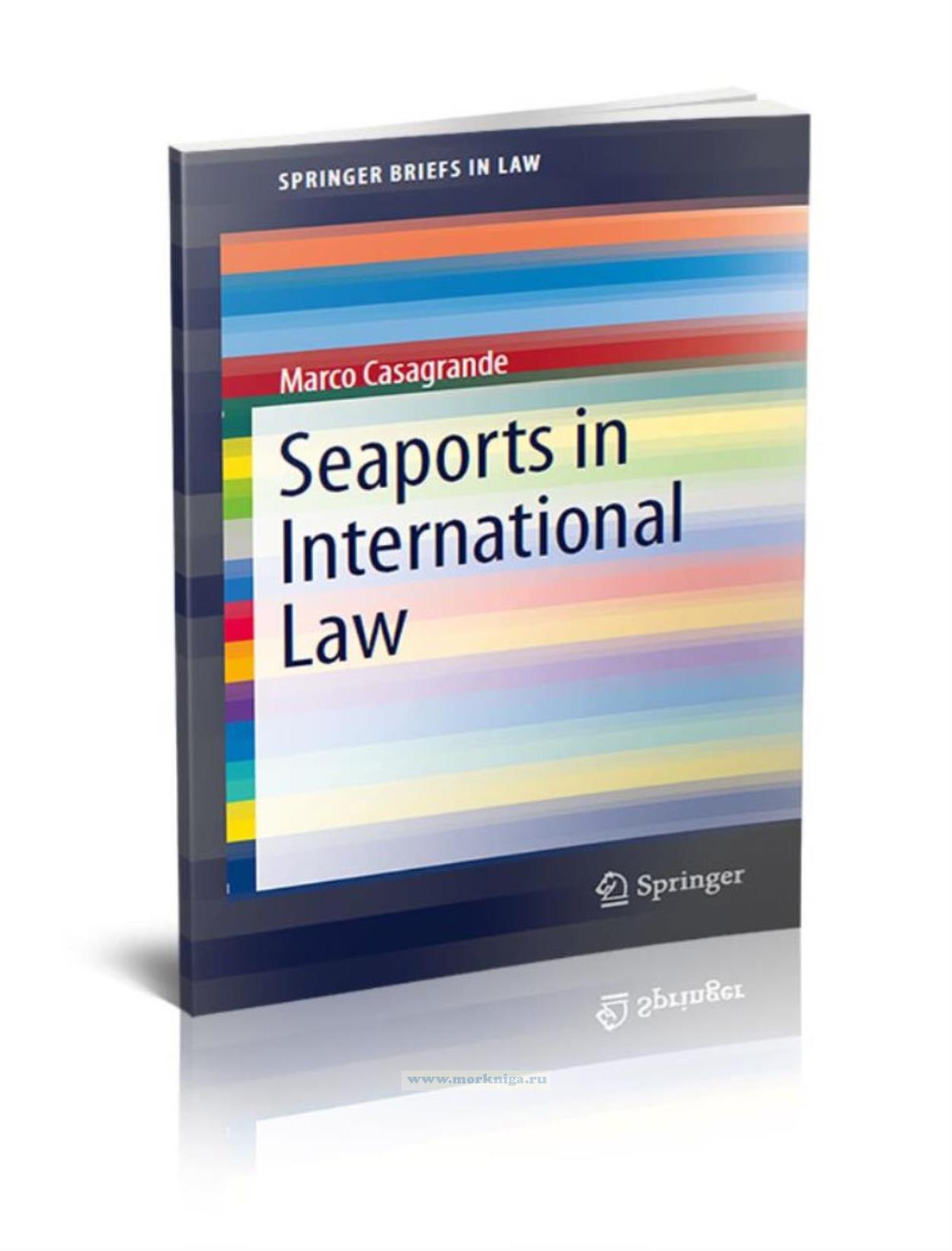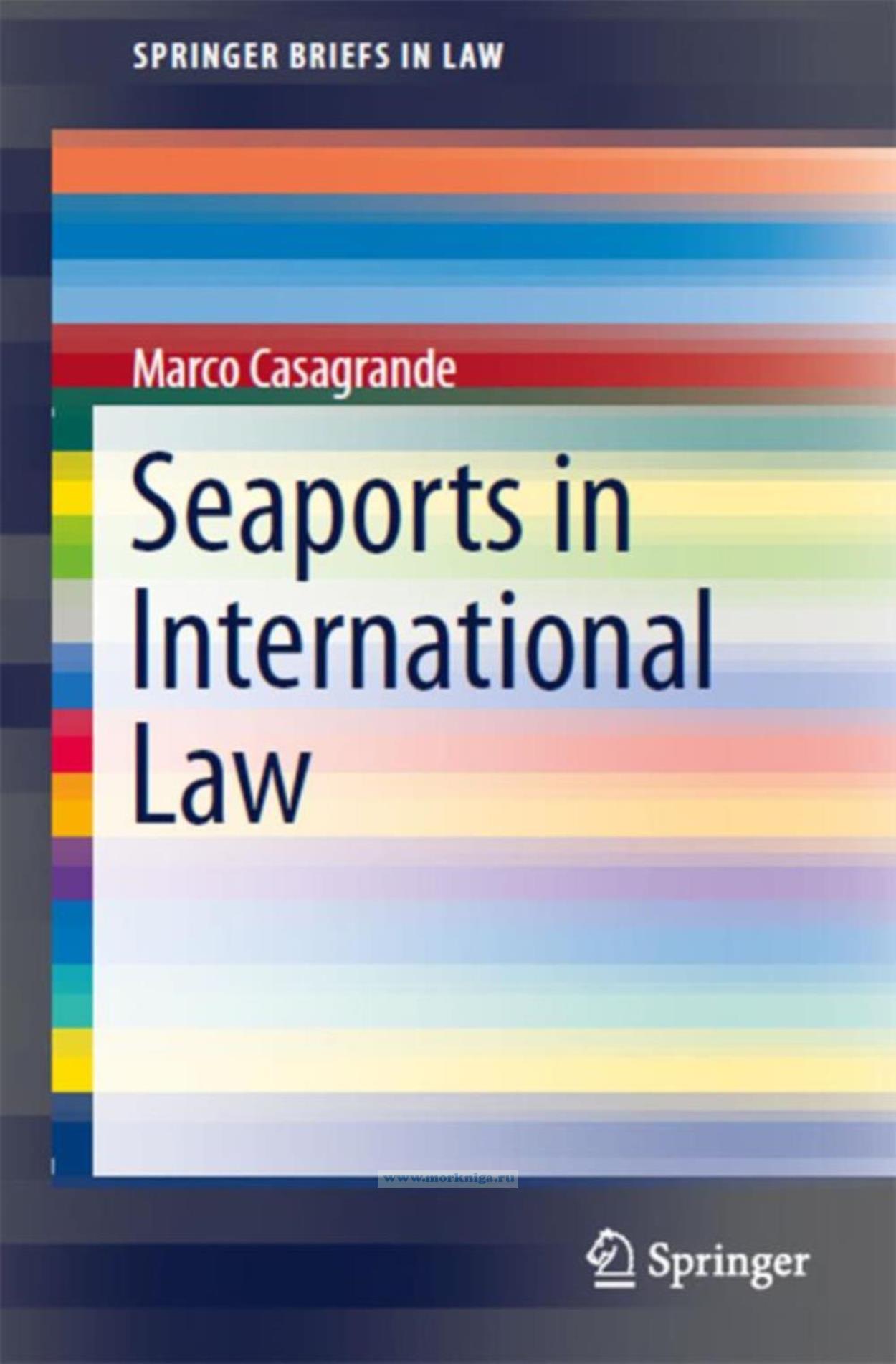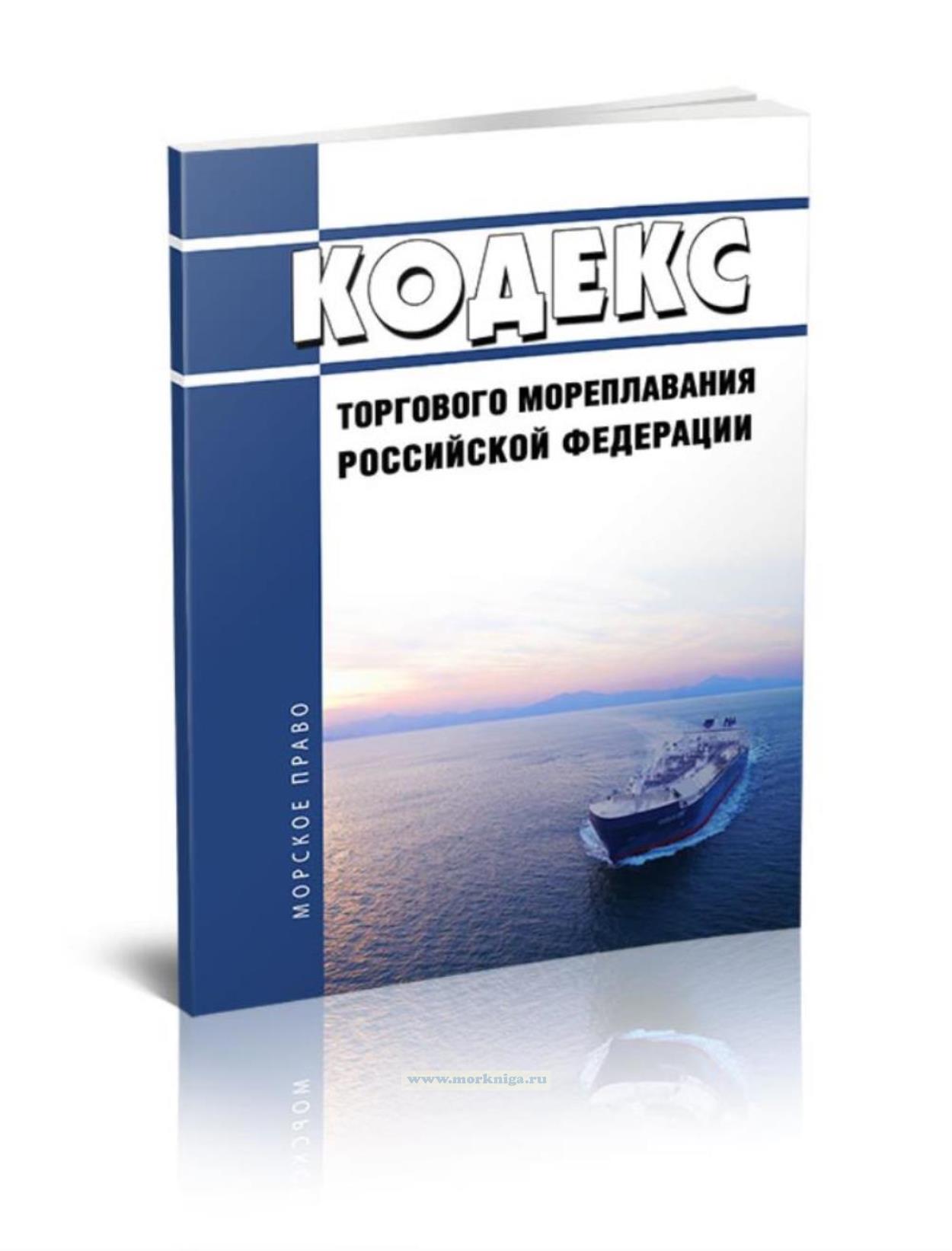Сб с 10 до 16
Seaports in International Law/Морские порты в международном праве
Издание на англйском языке
This is the first book to offer a comprehensive overview of modern seaports from a legal perspective. Further, it provides a basic toolkit for establishing a legal doctrine of seaports, the instruments of said toolkit being the very few legal norms specifically targeting seaports, which are examined as such rather than through the lens of other, more established disciplines, such as the law of the sea or transportation law. It is a first, necessary step toward giving seaports the status they rightfully deserve in legal studies. Despite centuries of international law studies and decades of EU law evolution, seaports have remained stuck in limbo. From a law of the sea perspective, seaports belong to the land, an approach that is often clearly reflected in national maritime legislation. The other branches of international law do not focus on seaports, since they are considered to belong to the sea. The port communities, for their part, have availed themselves of the "port specificity" concept. In recent decades, containerization has transformed ports into key hubs of the globalized economy, but also into vital checkpoints of the War on Terror, due to the security risks posed by the millions of sealed containers circulating worldwide. Moreover, tragic maritime incidents have shown that seaports are the only reliable sentinels of the seas, being the only places where the systematic inspection of ships is feasible. This has led to the adoption of specific international and EU rules. Those rules, however, remain fragmented, highly specialized and technical; as such, they are unsuitable for creating an organic legal seaport regime: this objective can only be achieved with a significant contribution from legal doctrine.
Contents
Part I Introduction
1 The Lack of Interest for Seaports in the International Law and Doctrine
References
2 The Port and the International Law in General: A Land Appendix
References
3 The Port and the Law of the Sea: An Accessory to the Waters
References
Part II The Pre-industrial Port
4 Paolo Sarpi’s Legal Doctrine
References
5 The Colonial Factories
References
Part III The Industrial Port
6 The Longshoremen’s Organizations
References
7 The 1923 Geneva Convention on Seaports
References
8 The Forgotten Ports and Port Installations: Lotus Case, Wimbledon Case, Suez Crisis
References
9 When You are Forced to Remember the Port: The Laws of Wars from the Hague Conventions to the Cuban Crisis
References
10 The Mar del Plata Convention
References
11 The Montego Bay Convention
References
Part IV The Port of Globalization
12 An Unprecedented Economic Significance and the Ascendance of the Multinational Terminal Operators
References
13 The Decline of the Longshoremen’s Organizations and Their Resistance in Europe
References
14 Flags of Convenience and Port State Control
References
15 Port Security: The Dubai Ports World Case and the ISPS Code
References
16 From the Traditional to the Multimodal Seaport: The Right to Access
References
17 Seaports in International Commercial Law
References
Part V Assessment and Perspectives
18 Common Features in the International Regulation of Seaports
References
19 A Contribution from Private International Law and Some Municipal Legal Orders
References
20 Starting from a Unitary Notion of Port
References


 Современное морское право и практика его применения
Современное морское право и практика его применения  Кодекс торгового мореплавания Российской Федерации 2025 год. Последняя редакция
Кодекс торгового мореплавания Российской Федерации 2025 год. Последняя редакция  Правовой комментарий к документам морских судов + CD
Правовой комментарий к документам морских судов + CD